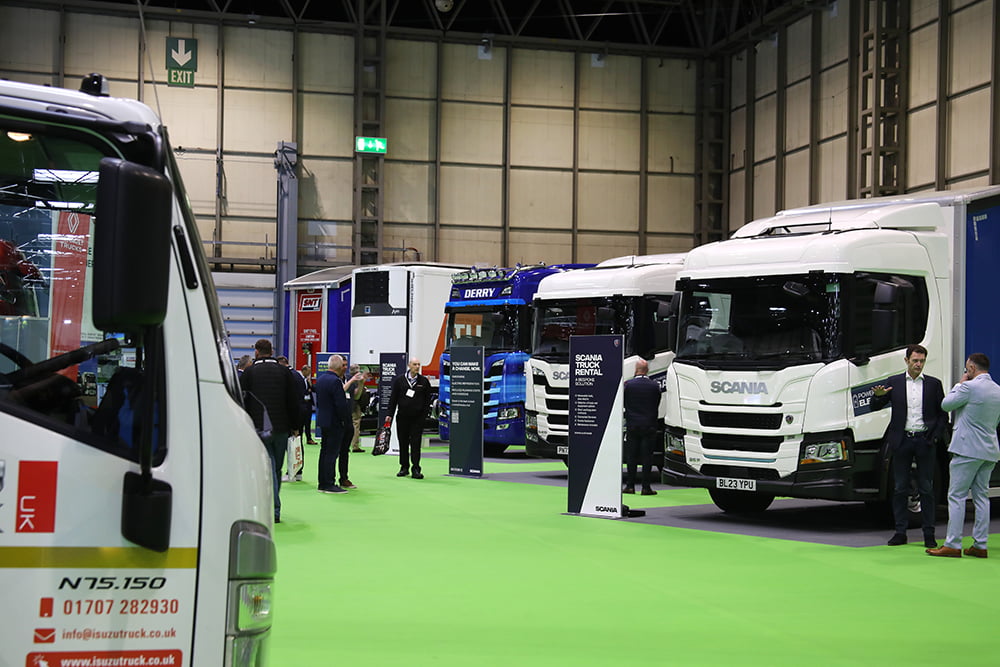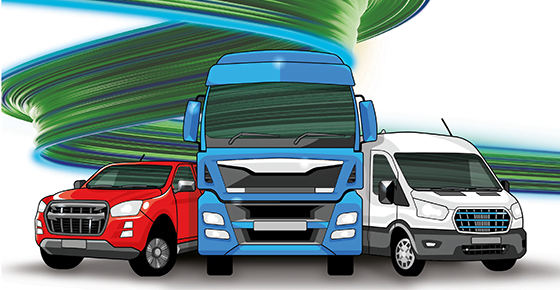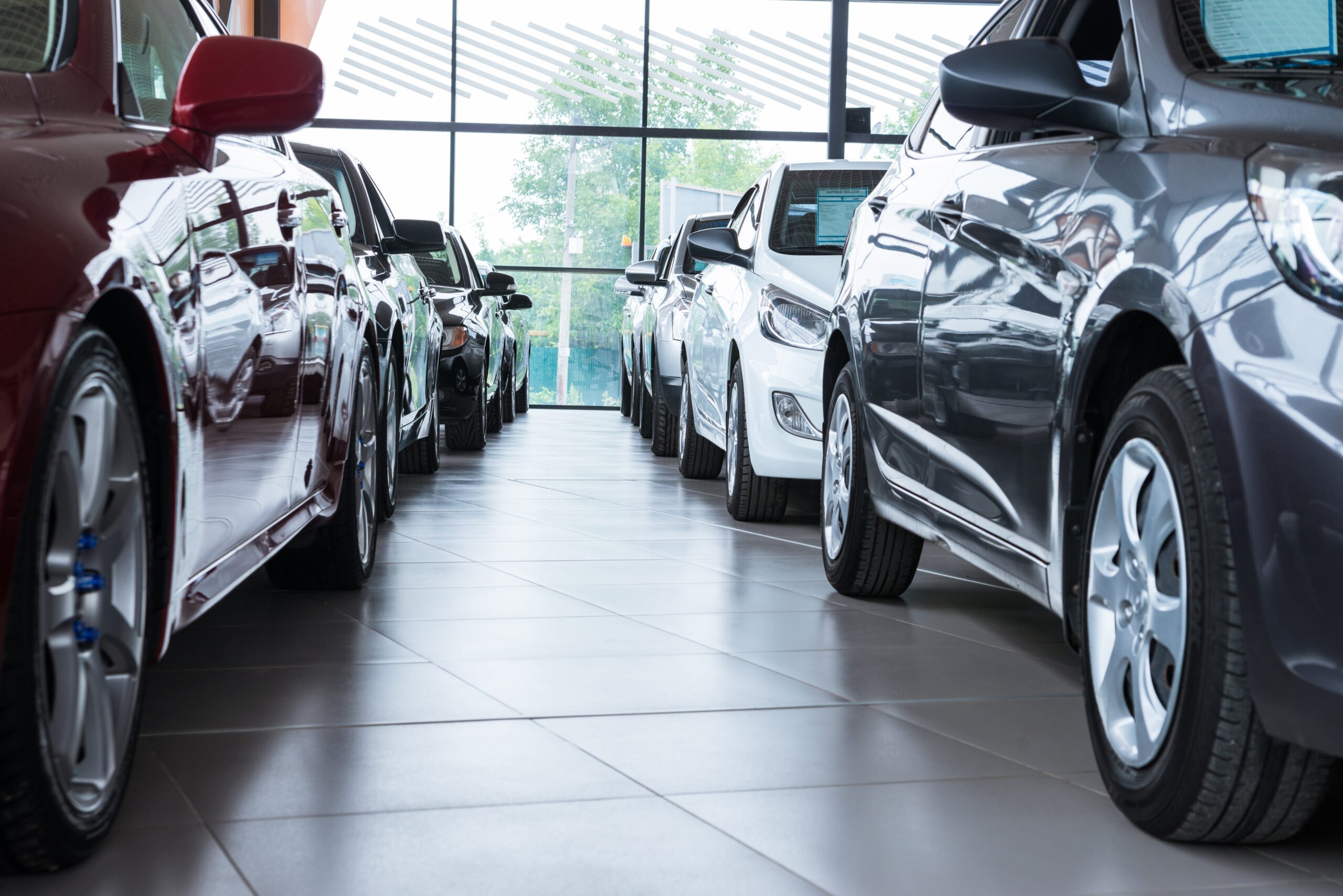Dear Mayor,
London is Europe’s leading mega city. It has the opportunity to create an effective policy framework to address urban air quality whilst driving continued improvements in carbon emissions, mobility and industrial growth. The introduction of an Ultra Low Emission Zone in London from 2020, if implemented correctly, could set a precedent for other cities, not just in the UK but around the world – many of which face similar air quality challenges. This is why London has to get it right.
As an industry, we applaud your vision to make London the capital for low emission vehicle technologies and mobility solutions. The proposed ULEZ will play a key role in driving the market for ultra low and zero emission capable vehicles in London that will deliver on both air quality and industrial ambitions. London has led the introduction and take-up of these new vehicle technologies through discounts to the London Congestion Charge. It also stands out internationally for its introduction of recharging infrastructure, the adoption of hybrid buses and the trialling of new technologies, like hydrogen and biofuels. All of this is delivered through close working with UK vehicle manufacturers and suppliers. As an industry we fully support this and seek a strategic partnership with London to accelerate growth in ultra low emission vehicles.
The proposed ULEZ as part of that vision has the support in principle of the vehicle industry. For it to deliver the desired benefits in terms of air quality, carbon reductions and new technology introduction, however, it needs a rethink.
SMMT recognises that road transport is a significant contributor to ambient air quality, but it is not the only cause. Any effort to address road transport-derived air quality issues must be part of an integrated approach; all sources of emissions – pollutants and CO2 – must be addressed. Furthermore, congestion must be minimised through effective traffic management to ensure these new vehicle technologies operate at optimum performance within the urban context. This will reduce emissions and deliver fuel efficiency and cost savings for motorists.
The proposed Ultra Low Emission Zone can deliver on this integrated approach, if amended to incentivise the very best in new technologies. The ULEZ must be simple, fair and set technology-neutral emissions criteria for petrol and diesel vehicles. Critically, it should require the latest European emission standards (Euro 6/VI) across all vehicle classes regardless of fuel type. This will encourage fleet renewal in the market, incentivise the uptake of the best in clean technology and create economic growth and jobs in London and the UK.
Under the current proposal, the ULEZ gives access to 2006-standard Euro 4 for petrol vehicles and the latest Euro 6 for diesel. This is a missed opportunity. Given the introduction date of 2020, this would allow petrol vehicles of up to 14 years of age to enter the zone without penalty. A typical 14 year old Euro 4 petrol car has CO2 emissions some 72% (68g/km) higher than the European new car fleet average of 95g/km CO2 in 2021 and emits at least 29% (36g/km) more CO2 than this year’s Euro 6 petrols. Euro 6 petrol and diesel vehicles are on sale now and mandatory from next year meaning that under SMMT’s proposals, by 2020, qualifying vehicles would be up to six years old and, as such, would be reasonably affordable to Londoners, potentially being on their third owner. Regulators can also be assured that they will be delivering the air quality benefits, as Euro 6 vehicles have engine management systems which constantly monitor and manage emission performance – an advance on earlier models’ technology.
As an industry we fully recognise the challenges of climate change and local air pollution. The automotive industry invests billions of pounds in developing new technologies to deliver cleaner, safer and more intelligent vehicles. In the UK alone, the industry invested £1.9bn in R&D in 2013. Much of this investment has gone into developing the next generation of diesel engines to reduce CO2 emissions and improve air quality. With their intelligent engine design and highly efficient exhaust after-treatments, Euro 6 diesel emissions have dropped significantly. Average UK new car CO2 emissions are already down 29%, diesel Nitrogen Oxides (NOx) are down 64%, particulates (PM10) are down 90% and carbon monoxide (CO) levels are down 22% on 2000 levels. Given that all new diesel cars built and sold in the UK will be Euro 6 compliant from next September, NOx emissions will fall a further 56% on current levels to help address London’s air quality issues quickly if we can accelerate their introduction. The ULEZ can help by incentivising this cutting-edge vehicle technology not just for diesel but for petrol vehicles as well. It is also worth noting that changes to vehicle standards will ensure that the improved emission performance required in the test cycle must also be delivered in real world conditions and for ever longer periods of use.
The UK’s automotive industry wants to see London leading the way – addressing air quality and climate change, whilst driving innovation, affordable mobility, jobs and growth. Incentivising the latest vehicle technologies and mobility solutions fit for mega cities around the world shows the road ahead. The benefits that new vehicle technologies offer in emissions, climate change and safety must be grasped. This can only be achieved if the proposals for the Ultra Low Emission Zone for London are amended to require the very best in both petrol and diesel vehicles. This will accelerate improvements in air quality for all Londoners, safeguard jobs in the capital and ensure the ULEZ is simple for consumers to understand and endorse.
My members and I would appreciate an opportunity to discuss the concerns of the industry with you before a final decision on the ULEZ is made.
Yours sincerely,
Mike Hawes
Chief Executive
The Society of Motor Manufacturers and Traders


